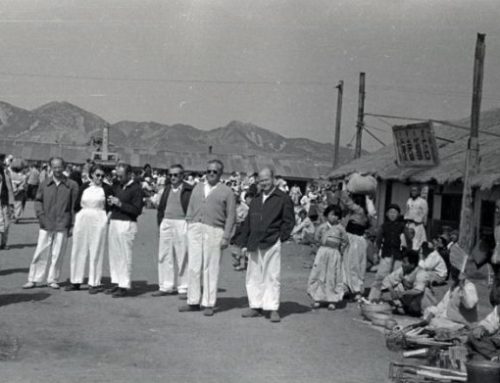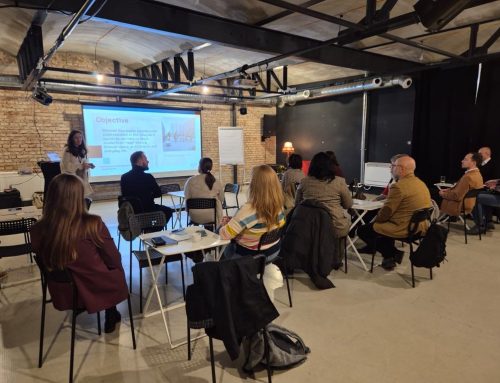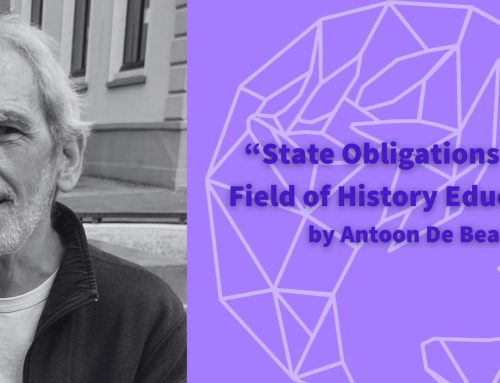As a teacher, we notice certain trends in our classroom: what makes our students focus, what helps our students understand, what divides our students, what engages them… This kind of information is not always common knowledge, nor is it always common to each classroom. What I have noticed in the last two years of working on my doctorate is that many academics lack these contemporary understandings of what a classroom is like. This is not to say that academics do not strive to develop connections with today’s students, because many of them do. But, teachers can offer a valuable, frontline link for effective research projects, whether that is as consultants, advisors, field specialists or project leads. Active teachers can offer a lived experience in the now, as well as a viewpoint that comes from being surrounded by students rather than being overloaded with the related academic literature. For this reason, I believe that the Teachers as Researchers Special Interest Group can be a valuable vehicle in supporting teachers to get involved in the research process. Just imagine research being done on the best football practices, and not involving any leading coaches! It just wouldn’t make sense! So, why do we do so much research in education without always including active teachers?
Before I began my PhD in Belfast, Northern Ireland, I was teaching in Brussels at an international school. I was fortunate enough there to work under a principal that supported research in education and the sharing of good practice beyond the school walls. He was also very supportive of teachers having a say on what path of professional development they wished to go down in their career. It was in this environment that I was able to participate in three research projects with groups in Europe as well as in Canada through the University of Toronto. It was exciting to be part of projects that were putting the time and money into investigating history education. It was also inspiring to have a space to have deep and meaningful conversations about teaching practice and pedagogy. This is something that we as teachers do not always have time for with the hectic demands of planning, assessment and classroom management. But, it is so vital that we continue to be involved in the research related to our field of history education. We need to continue to strive to reflect, investigate and share best practice. For me, it was because of these positive experiences with research projects that I decided to do my doctorate in the field of history education. Throughout my research I have always ensured to include the valuable input of teachers.
What we hope this SIG will provide is an opportunity for teachers to learn more about prospective research opportunities, create a network between teachers and research institutions, provide a place where people can discuss questions, concerns or suggestions about research (funding, ethics, etc.) and also provide an avenue for dissemination of research findings. To do this, we will use facebook, email, the EuroClio website, webinars and face to face meetings and trainings. We hope that everyone in the EuroClio community will be interested in supporting this initiative, because everyone has expertise and valuable experiences that can be shared. Stay tuned for more information and opportunities with the SIG!
By: Sinéad Fitzsimons (Queen’s University Belfast)













